Puncture (biopsy) of the thyroid gland
Thyroid diseases are a group of complex pathologies that occur when the endocrine system malfunctions and the thyroid gland stops producing the hormones needed by the body.

specialists

equipment

treatment

Indications for thyroid puncture
There are many situations where it is necessary to conduct this examination under ultrasound guidance. Here are the main ones:
- Noticeable enlargement of the thyroid gland
- Rapid growth of glandular tissue
- Changes in hormonal levels
- The need to examine tissue structure
- Changes in the shape of the thyroid gland due to abnormalities in organ formation
- Nodes detected by palpation or ultrasound (one large one over a centimeter, a small one less than a centimeter in the presence of unfavorable factors, or several small formations)
- Suspected autoimmune pathology
- Symptoms of decreased or increased thyroid activity
There are no strict contraindications to performing an aspiration biopsy, but sometimes the risks of possible consequences are so high that the doctor reschedules the puncture for another time.
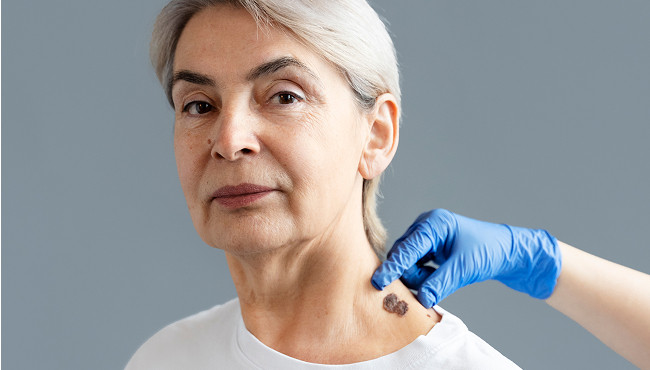
Contraindications to the procedure
Ultrasound-guided aspiration biopsy has a number of limitations, including the following:
- Blood clotting problems
- Skin inflammation at the planned puncture site
- Active infections or inflammation
- Patient refusal for any reason
These contraindications to this minimally invasive medical procedure may be temporary. The doctor may collect biopsy material from the thyroid gland if these conditions no longer apply.
Types of thyroid diseases
The most common pathologies of the endocrine system include chronic functional and morphological diseases:
- Hypo-(hyper-)thyroidism (impaired production of thyroid hormones)
- Secondary hyperthyroidism (pituitary gland diseases)
- Autoimmune thyroiditis (inflammation of the thyroid gland)
- Diffuse nodular goiter (iodine deficiency in the body)
- Thyrotoxicosis (excess of thyroid hormones in the body)
- Graves' disease (critical excess of T3-T4 hormones)
- Malignant tumors of the thyroid gland
There are two main causes of endocrine Pathologies:
- Loss of the thyroid gland's ability to produce essential hormones (impaired iodine metabolism due to poor absorption, abnormal protein transporters)
- Disruption of autoimmune processes (production of antibodies hostile to the thyroid)
Endocrine pathologies are usually caused by genetic predisposition, chronic mental stress, a critical decrease in immune defense, complex infections, chronic pathologies or traumatic brain injuries, age-related changes in the body, severe exposure to unfavorable environmental or radiation conditions, an unbalanced diet and a deficiency of vitamins and minerals, and the use of strong medications.
Features
- The incidence of thyroid diseases has been rapidly increasing in recent years (second only to diabetes mellitus)
- Nodular or endemic goiter has been diagnosed in more than 650 million people worldwide
- 1.5 billion people worldwide suffer from iodine deficiency disorders, and the number of patients is growing by 5% annually
- In some regions of the world, treatment for thyroid diseases is required for 95% of the population
- Thyroid pathologies are becoming "younger" every year and cause many cardiovascular and mental illnesses with a wide range of symptoms
- Thyroid diseases (decreased hormone levels) more often affect women (19/1)
At the initial stage, most thyroid diseases show weak symptoms and "mask" as other diseases. If you do not seek medical attention If an endocrinologist fails to conduct a thorough, timely diagnosis, serious complications that pose a threat to life may arise.
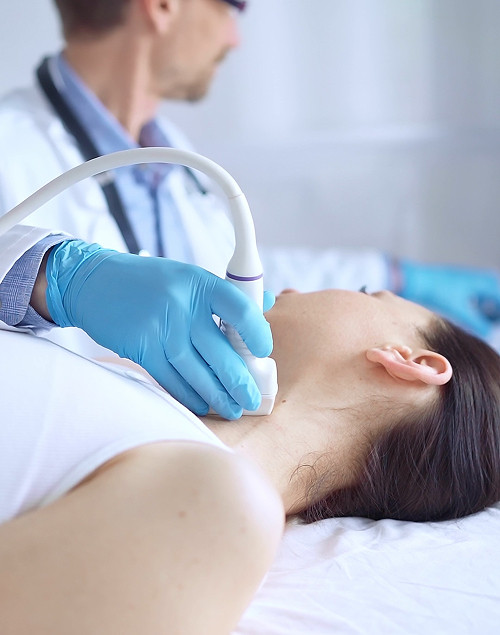
Symptoms
Thyroid disease symptoms vary widely, but most are related to the body's inability to produce the required amount of thyroid hormones T3-T4.
Thyroid disorders result in decreased production of T3-T4 hormones (hypothyroidism) or an excess of them (hyperthyroidism). In the first case, metabolic processes are slowed down, and in the second, they accelerate and create a burden on the internal organs.
If hormones are not produced in sufficient quantities (autoimmune thyroiditis, hypothyroidism), the patient experiences:
- Weakness, fatigue, chills, and constant drowsiness
- Mood swings, depression, deterioration of mental activity
- Slowing of the heart and a drop in blood pressure
- Swelling of the face and extremities
- Weight gain
- Irregularities in the menstrual cycle in women
- Dry skin, hair, and nails
Hyperthyroidism (excess of T3-T4 hormones), on the contrary, causes:
- Increased Muscle motility and motor activity
- Increased mental activity
- Anxiety and irritability, sleep disturbances
- Increased blood pressure and heart rate, arrhythmia
- Increased body temperature and sweating
- Increased metabolism, increased appetite, rapid weight loss
- "Bulging eyes" effect (exophthalmos)
Diffuse nodular goiter manifests symptoms in the late stages (hoarseness, visible cervical nodes, difficulty breathing/swallowing). In the early stages, the disease can only be detected by ultrasound.
Malignant tumors are also difficult to diagnose in the early stages. In the later stages, they are accompanied by weakness, weight loss, pain, and inflammation of the internal organs (cancer intoxication).
Our doctors

This award is given to clinics with the highest ratings according to user ratings, a large number of requests from this site, and in the absence of critical violations.

This award is given to clinics with the highest ratings according to user ratings. It means that the place is known, loved, and definitely worth visiting.

The ProDoctors portal collected 500 thousand reviews, compiled a rating of doctors based on them and awarded the best. We are proud that our doctors are among those awarded.
Make an appointment at a convenient time on the nearest date
Price
Other services













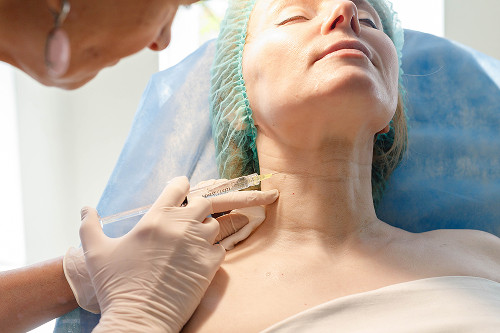


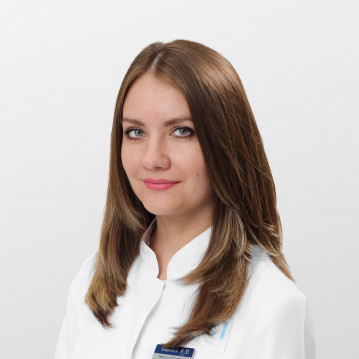
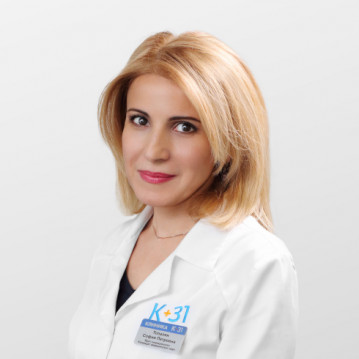


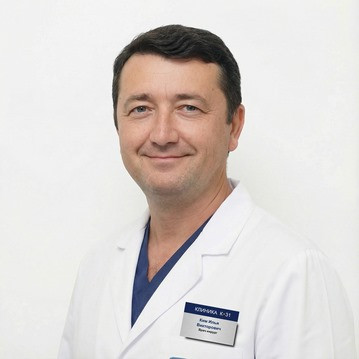

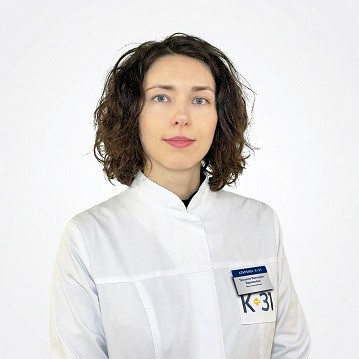





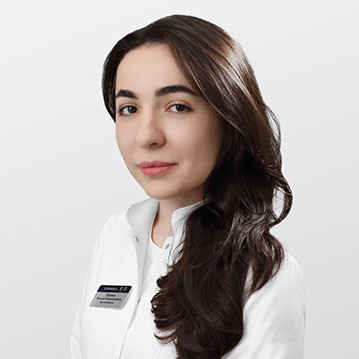

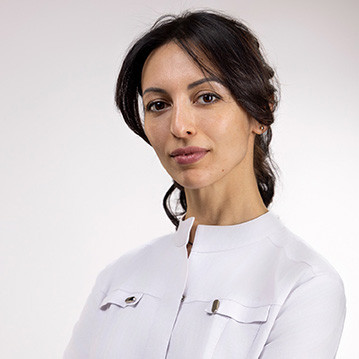





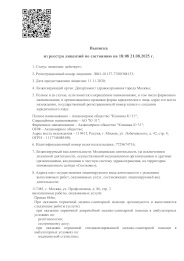
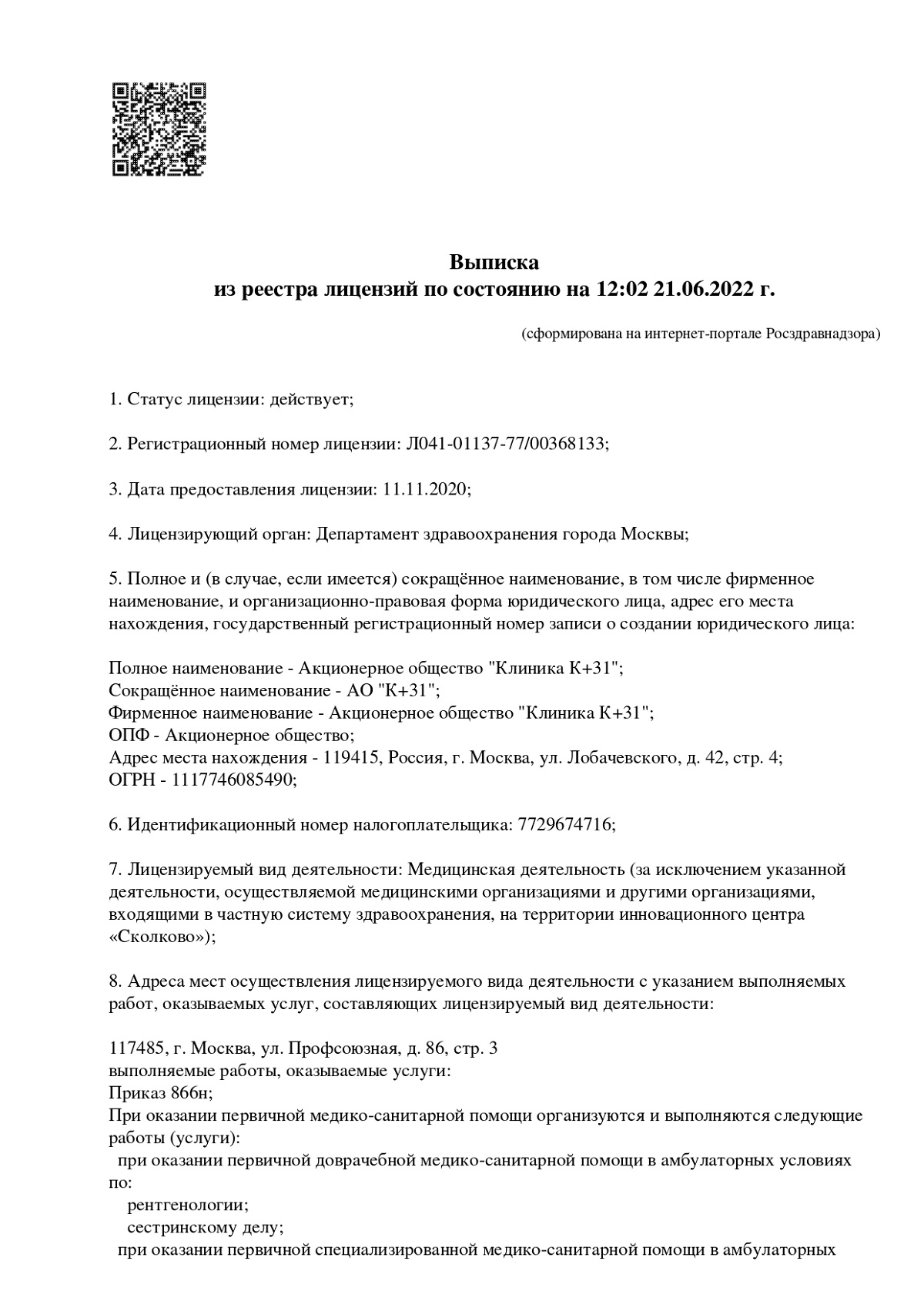
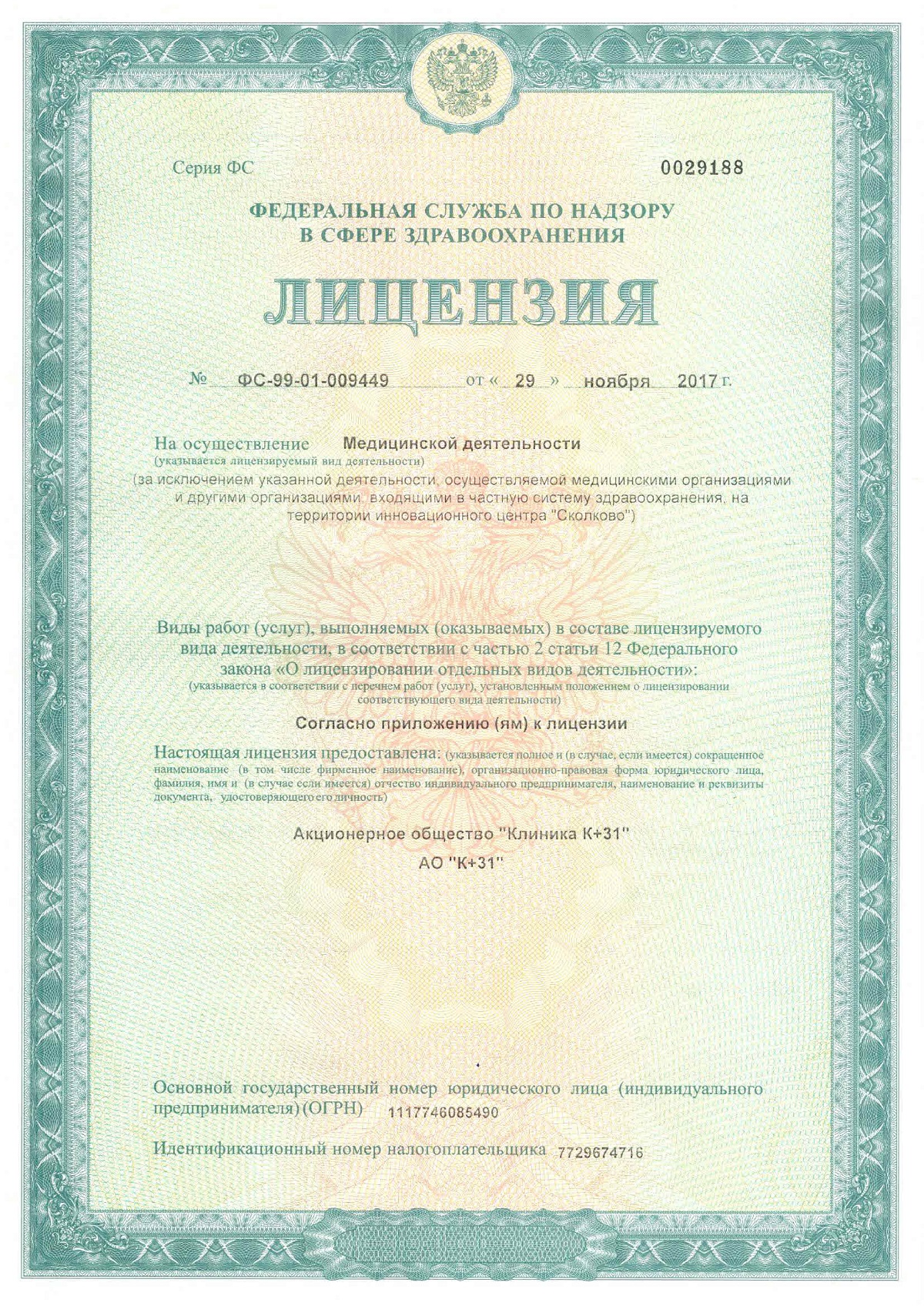
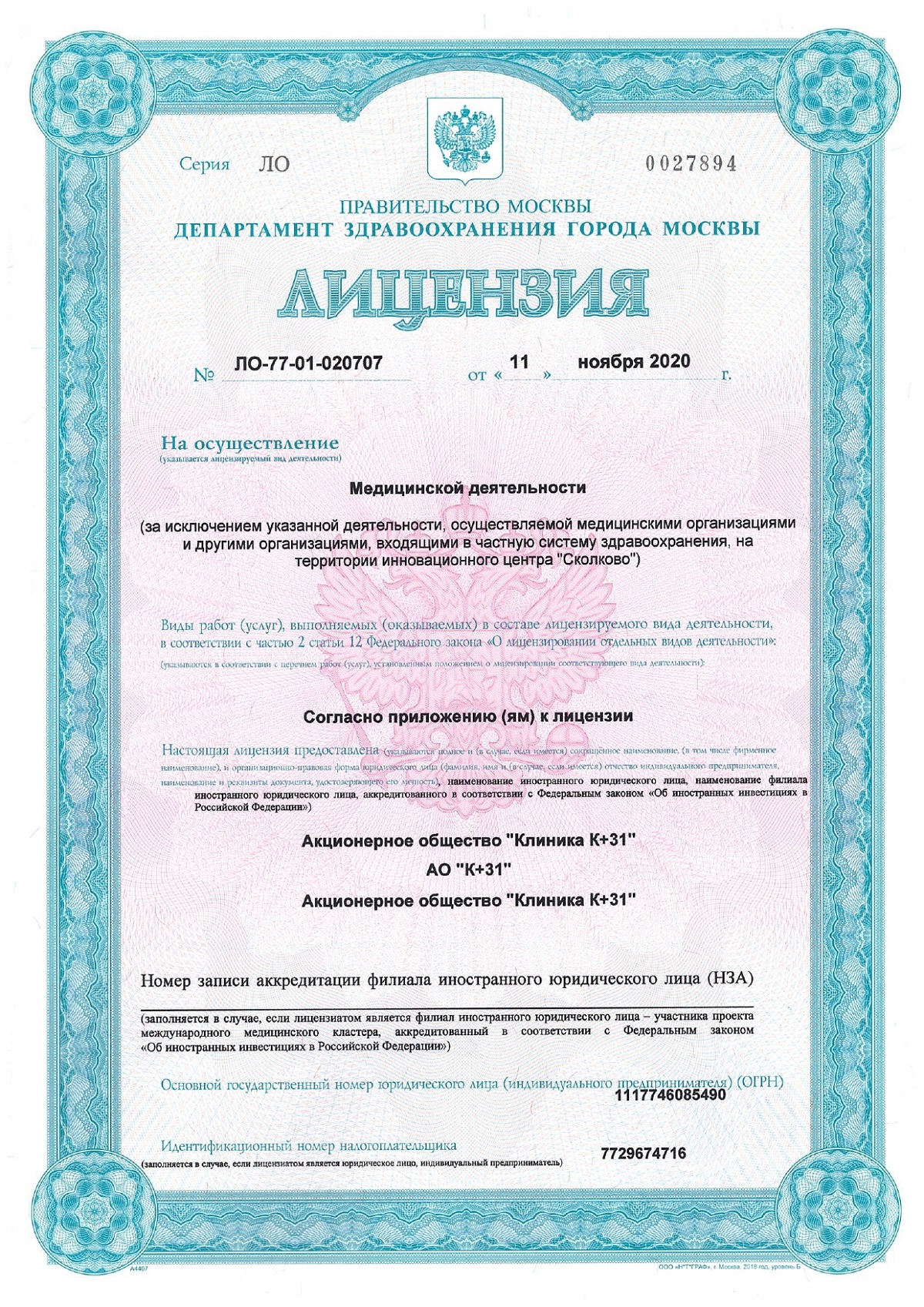
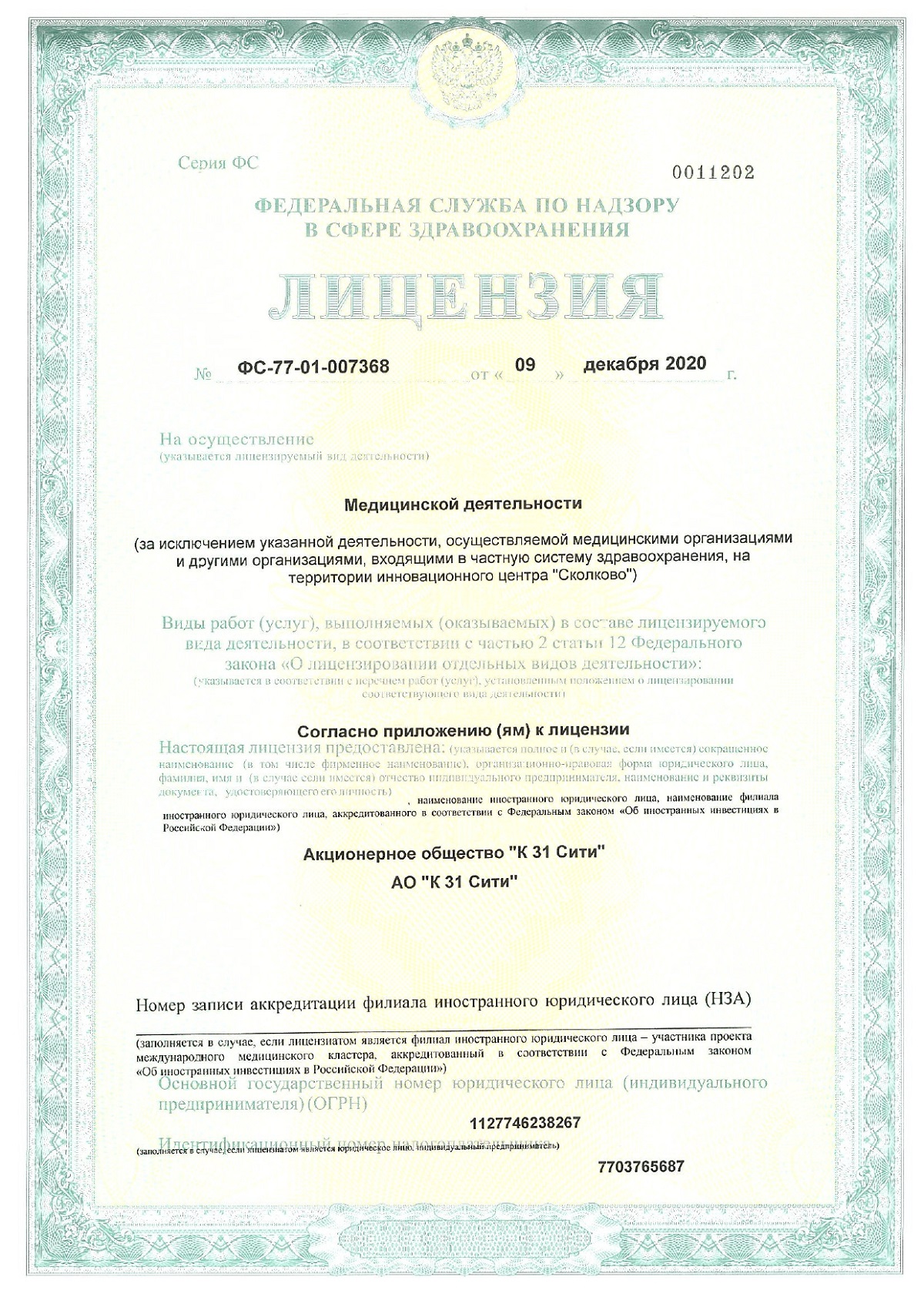



General information about the procedure
Fine-needle aspiration biopsy (FNAB) is a simple and accurate way to diagnose thyroid pathologies. The procedure involves the doctor using a thin needle to remove a small amount of tissue from the desired location under ultrasound guidance.
Why is FNAB performed? If an examination reveals a lump of unknown origin within the thyroid gland, it is important to determine the nature of the lesion. The procedure helps differentiate a benign tumor from a malignant one. The tissue sample allows for an accurate diagnosis and the appropriate treatment. The results of the procedure also allow for monitoring the patient's condition over time.
FNAB is convenient because it is virtually painless, quick, and provides an accurate picture of the thyroid gland's condition. The thin needle causes minimal tissue trauma, the procedure takes just minutes, and recovery is quick and unnoticeable. Most biopsies do not require anesthesia. This type of examination can be performed at many clinics, for example, at the K+31 Family Multidisciplinary Center (Moscow).